Nevada Prospecting On Private Land With Permission
-
Similar Content
-
- 2 replies
- 593 views
-
- 10 replies
- 1,179 views
-
- 13 replies
- 1,402 views
-
- 7 replies
- 972 views
-
- 15 replies
- 1,521 views
-
- 21 replies
- 2,412 views
-
-

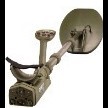
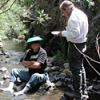
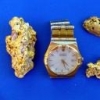

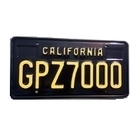
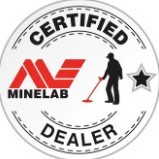



Recommended Posts
Create an account or sign in to comment
You need to be a member in order to leave a comment
Create an account
Sign up for a new account in our community. It's easy!
Register a new accountSign in
Already have an account? Sign in here.
Sign In Now